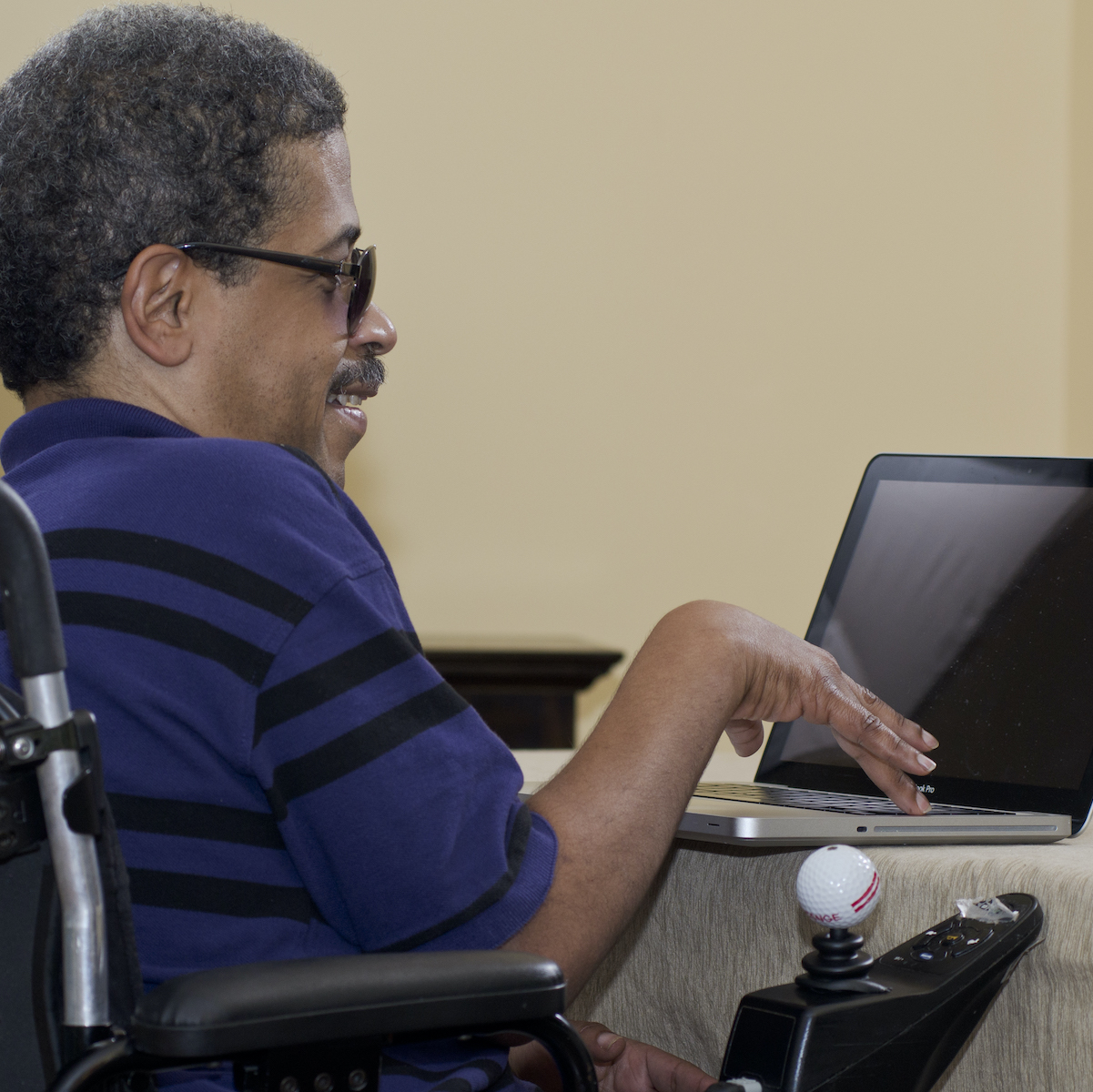The following description can help you decide whether a credit union or bank is the best option for you to keep your money safe.
Credit unions are financial membership organizations. You must become a member of a credit union in order to use its services. Often this means that you have to pay a small one-time-only fee. Most credit unions offer financial education opportunities, credit and debit cards, online banking, and other services. Because credit unions are non-profit organizations, they often charge lower fees than banks and pay higher interest rates on savings accounts, money market accounts, and interest-bearing checking accounts. Because credit unions often cover a smaller geographic area than banks, they generally do not have national branches. However, most credit unions participate in a national network of ATMs (Automated Teller Machines).
Banks are for-profit institutions. Their services and products may include debit cards, credit cards, checking and savings accounts, money market accounts, mortgages, home equity loans, online banking, and extended service hours. Banks typically have multiple branches across a large region. Use the chart below to help you decide if a credit union or a bank is right for you.
In today’s world, you can easily manage your money without physically going to your bank or credit union. But for those who like to, getting to know the tellers and staff can be a good thing. Building a relationship with someone at your bank can help you to have a sense that people know who you are and care about your well-being.
Comparison shop your banks and credit unions! If you don’t have an account with a bank or credit union, start one now. Compare the banks and credit unions near where you live. Shop around. Talk with family and friends about where they do their banking or check out these helpful websites: www.creditunionsonline.com and www.findabetterbank.com. See who offers the services you are looking for and who has the best rates.
| Nearby Locations | Free Online Banking | Minimum Deposit Amount | Minimum Balance to Avoid Fees | Overdraft Fees | ATM Fees and When Charged | Debit Card Fees | Mobile Check Deposit Fees/Limits | |
|---|---|---|---|---|---|---|---|---|
| Credit Union | ||||||||
| Bank |
The most important factors to remember in choosing where to keep your money are location, hours, online banking options, and whether or not there are fees associated with using the bank or credit union. Identify what matters most to you, and start an account today!
Some banks and credit unions charge fees (such as annual fees, minimum balance fees, and overdraft protection fees). The problem with this (other than the added expense) is if you close an account without having paid off all the fees, you can be blocked from opening another account until that fee is paid. But don’t worry! There are lots of banks and credit unions that do not charge fees in the first place. A little searching on Google will reveal plenty of fee-less options.

Bank On, managed by the Cities for Financial Empowerment Fund, helps people open safe and affordable bank or credit union accounts. Sometimes these accounts are called “second chance” accounts because they offer an opportunity to open a new account to people who have closed their accounts because of a dispute or because they have poor or no credit.
Allentown, Philadelphia, and Pittsburgh have Bank On projects, and more cities will join (check if your city has a Bank On project).
All Bank On-approved accounts have:
Learn more about Bank On:
For all other counties/cities in Pennsylvania: